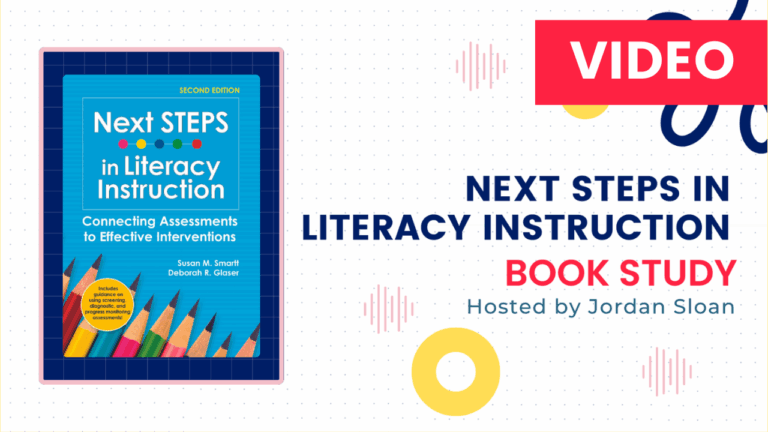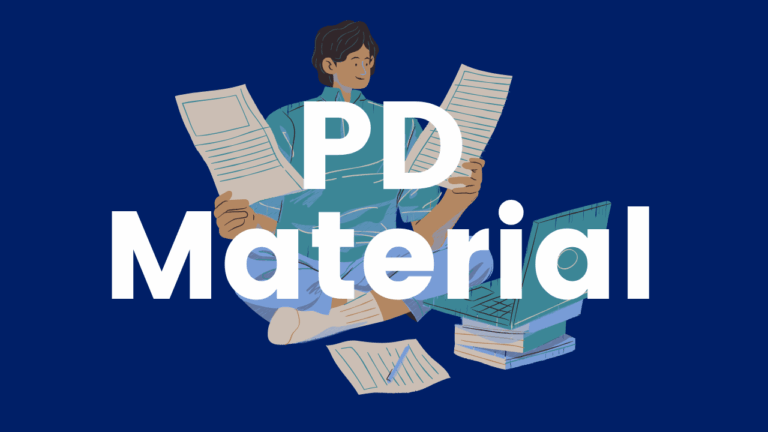Labels for SyllaSense Decodable Texts with Phonics Skills
These labels were created for SyllaSense Decodable Texts. The labels include the grapheme/phoneme correspondences (from their Scope and Sequence) which are introduced in each title. These were created to aid teachers in finding the decodable texts needed for students who may need extra practice aligned with the skills taught in a Tier 1 program. To…






